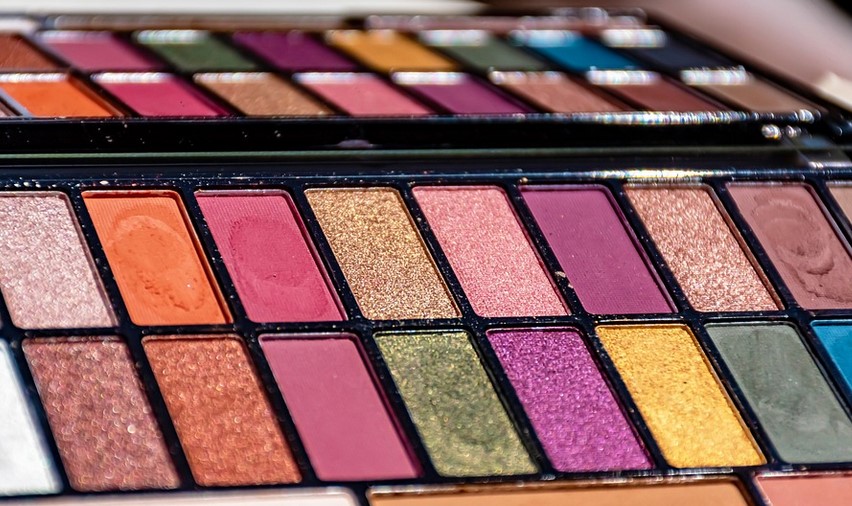Introduction
Bandages are an essential part of any first aid kit, but for some people, the adhesive used to keep them in place can cause an allergic reaction. This can be a frustrating and painful problem, especially if you are in need of frequent wound care. Fortunately, there are alternatives to traditional bandage adhesive that can help you avoid allergic reactions while still keeping your wounds covered and protected.
Understanding Bandage Adhesive Allergies
Allergic reactions to bandage adhesive can vary in severity from mild irritation to severe swelling and blistering. If you experience symptoms such as itching, redness, or a rash after using a bandage, it is possible that you are allergic to the adhesive used. Common allergens in traditional bandage adhesive include latex, acrylics, and colophony. It is important to identify the specific allergen causing your reaction so that you can avoid it in the future.
Alternative Bandage Adhesives
If you are allergic to traditional bandage adhesive, there are several alternatives to consider. One option is silicone-based adhesive, which is hypoallergenic and gentle on the skin. Another alternative is hydrocolloid dressings, which are designed to adhere to the skin without causing irritation. Other options include paper tape, foam tape, and self-adhesive wraps.
Choosing the Right Alternative
The best alternative bandage adhesive for you will depend on several factors, including the severity of your allergy, the location of the wound, and your personal preferences. For example, if you have a severe allergy, you may need to opt for a silicone-based adhesive or hydrocolloid dressing. If you prefer a more natural option, you may want to try a self-adhesive wrap made from cotton or other natural fibers.
Using Alternative Bandage Adhesives
When using alternative bandage adhesives, it is important to follow the instructions carefully. Some adhesives may require a specific amount of time to adhere properly, while others may need to be replaced more frequently. Additionally, it is important to clean and dry the wound thoroughly before applying any type of adhesive to ensure proper adhesion and prevent infection.
Preventing Allergic Reactions
If you are prone to allergic reactions to bandage adhesive, there are several steps you can take to prevent future reactions. First, try to identify the specific allergen causing your reaction and avoid it whenever possible. Second, consider using alternative bandage adhesives that are less likely to cause irritation. Finally, speak with your doctor or allergist about other steps you can take to manage your allergies and prevent future reactions.
Conclusion
Allergic reactions to bandage adhesive can be frustrating and painful, but there are alternatives available that can help you avoid irritation while still keeping your wounds protected. By understanding your allergy, choosing the right alternative adhesive, and taking steps to prevent future reactions, you can manage your condition and stay healthy and comfortable.
Sources
- https://www.mayoclinic.org/diseases-conditions/adhesive-capsulitis/symptoms-causes/syc-20351350
- https://www.medicalnewstoday.com/articles/321858
- https://www.nursingcenter.com/cearticle?an=00152192-201811000-00007&Journal_ID=54030&Issue_ID=4740146

